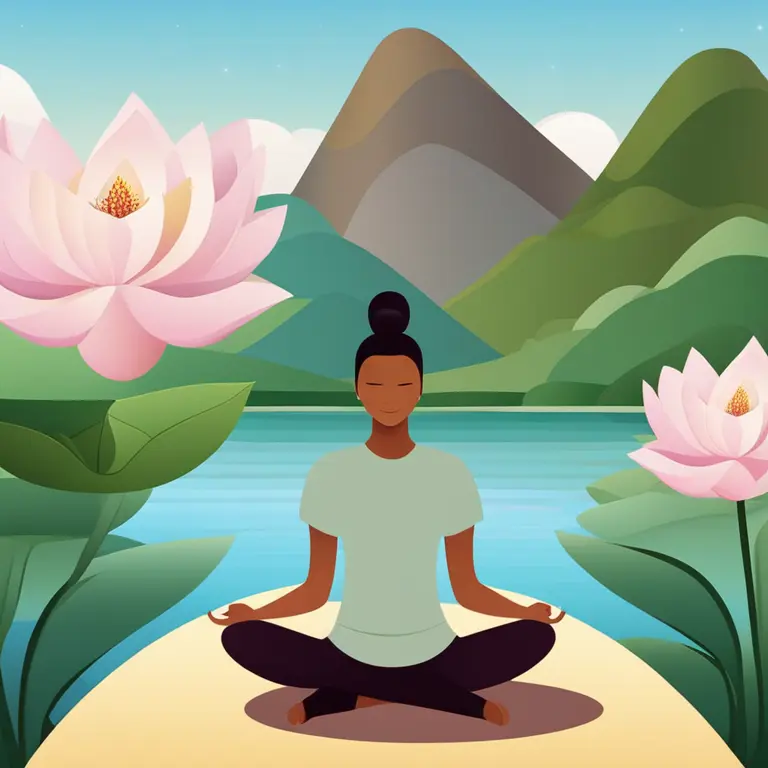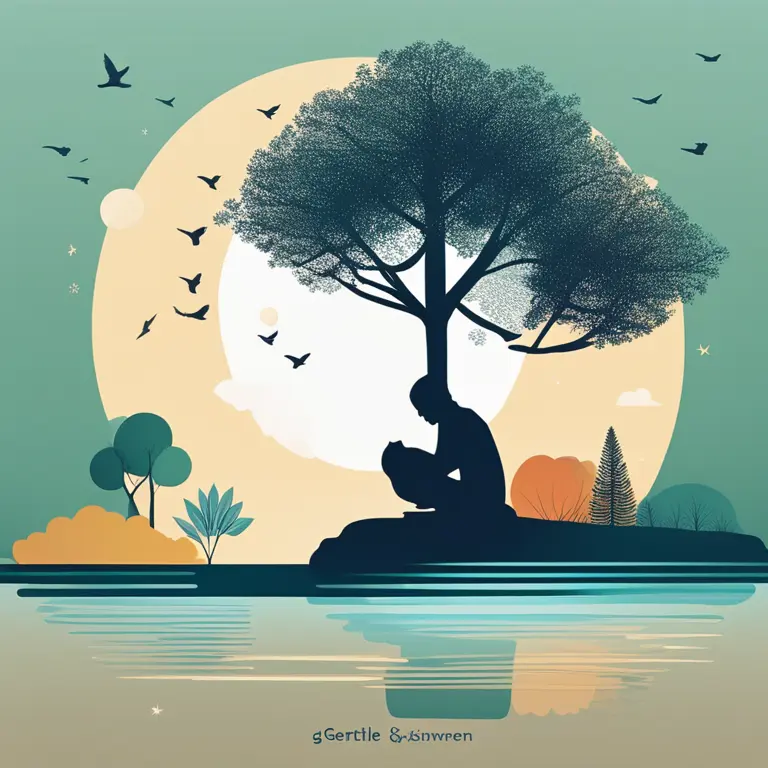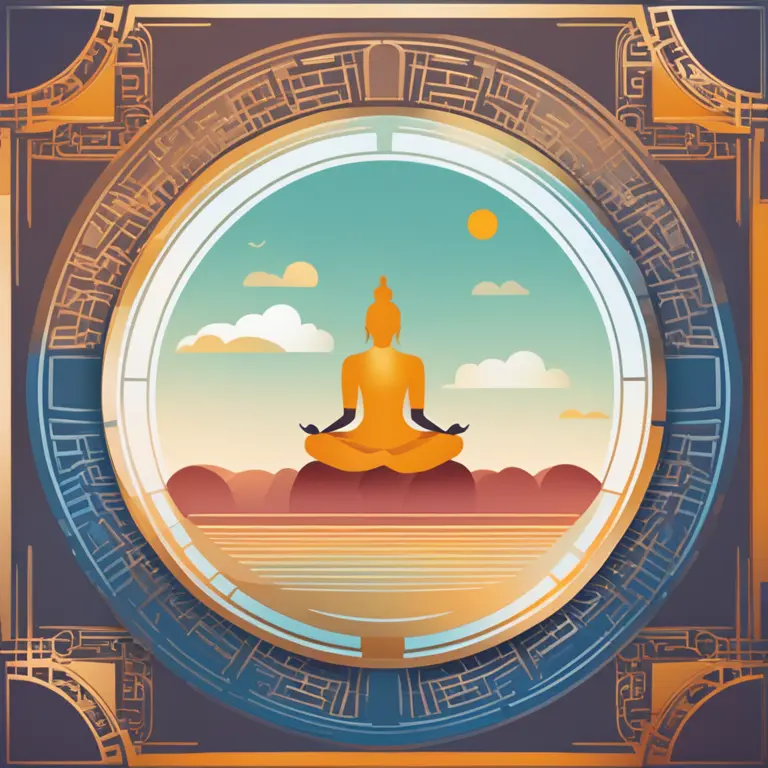
Easing Anxiety with Meditation Techniques
Discover how meditation can reduce anxiety and promote mental wellness. This article offers practical guidance to incorporating meditation into your daily routine for a calmer mind.
article by Hina Kurosawa
Introduction to Meditation and Anxiety Relief
Meditation has been practiced for centuries as a means of achieving a calm and clear state of mind. In modern times, its ability to combat anxiety has been increasingly recognized. As our lives become more hectic, the prevalence of anxiety disorders is on the rise, making stress management techniques like meditation more essential than ever. Meditation offers a refuge from the chaotic rhythm of daily life and helps ground our thoughts, contributing to significant anxiety reduction. By learning to focus on the present moment and acknowledging thoughts without judgment, individuals can create a peaceful inner space, despite external turmoil.

The Science Behind Meditation's Benefits
Scientific studies in recent years have shown tangible benefits of meditation for anxiety management. Research indicates that regular meditation practice can lead to a decrease in the production of stress hormones like cortisol and can enhance the brain's ability to manage stress. Neuroimaging studies have revealed changes in brain areas associated with attention and emotion regulation, suggesting that meditation strengthens cognitive faculties that can help keep anxiety at bay. Furthermore, the mindfulness aspect of meditation trains the mind to break free from the cycle of anxious thoughts.

Getting Started: Basic Meditation Practices
For those new to meditation, the key is to start with simple techniques. One of the primary methods is to focus on the breath. This involves sitting in a comfortable position, preferably in a quiet and undisturbed environment, and paying attention to the natural inhalation and exhalation. Whenever the mind begins to wander, gently guiding it back to the breath can help maintain focus and cultivate a sense of peace. Guided meditations, readily available through apps and online platforms, can be particularly beneficial in offering structured sessions tailored for anxiety relief.

Incorporating Meditation into Daily Life
Making meditation a part of one's daily routine can greatly enhance its anxiety-reducing effects. It's essential to find a consistent time and place for practice, creating a sacred space for self-reflection and relaxation. Some people find it helpful to meditate first thing in the morning to set a positive tone for the day, while others prefer evening sessions to unwind. Even taking brief moments to practice mindfulness during the day—such as being fully present while eating or walking—can contribute to a calmer mind.

Overcoming Challenges in Meditation
It's common for beginners to face hurdles when starting a meditation practice, such as restlessness or a wandering mind. It's important to approach these challenges with patience and understand that the mind is naturally energetic. With consistent practice, the ability to focus and remain undistracted will improve. Another useful strategy is to vary the meditation practices, including movement-based meditations like yoga or qi gong, which can be especially beneficial for individuals who find it hard to sit still.
The Role of Meditation in Holistic Health
Meditation is not just a tool for anxiety reduction—it supports overall holistic health. By integrating meditation with other wellness practices, such as balanced nutrition, regular exercise, and sufficient sleep, one can achieve a harmonious state of being. Additionally, meditation can complement other methods of anxiety management, like cognitive-behavioral therapy or medication, under the guidance of a healthcare professional.
A Future Perspective on Meditation Practices
The future of meditation and mental health looks promising, with ongoing research into the neurophysiological mechanisms that mediate its effects on anxiety. Innovations such as virtual reality meditation experiences and biofeedback guided sessions will likely become more mainstream, offering personalized meditation aids. As society continues to acknowledge the importance of mental health, meditation is set to become an integral part of preventive healthcare and an accessible tool for all.
Published: 1/24/2024
Modified: 1/24/2024
More predictions
Come back here soon to learn more about yourself and your future



